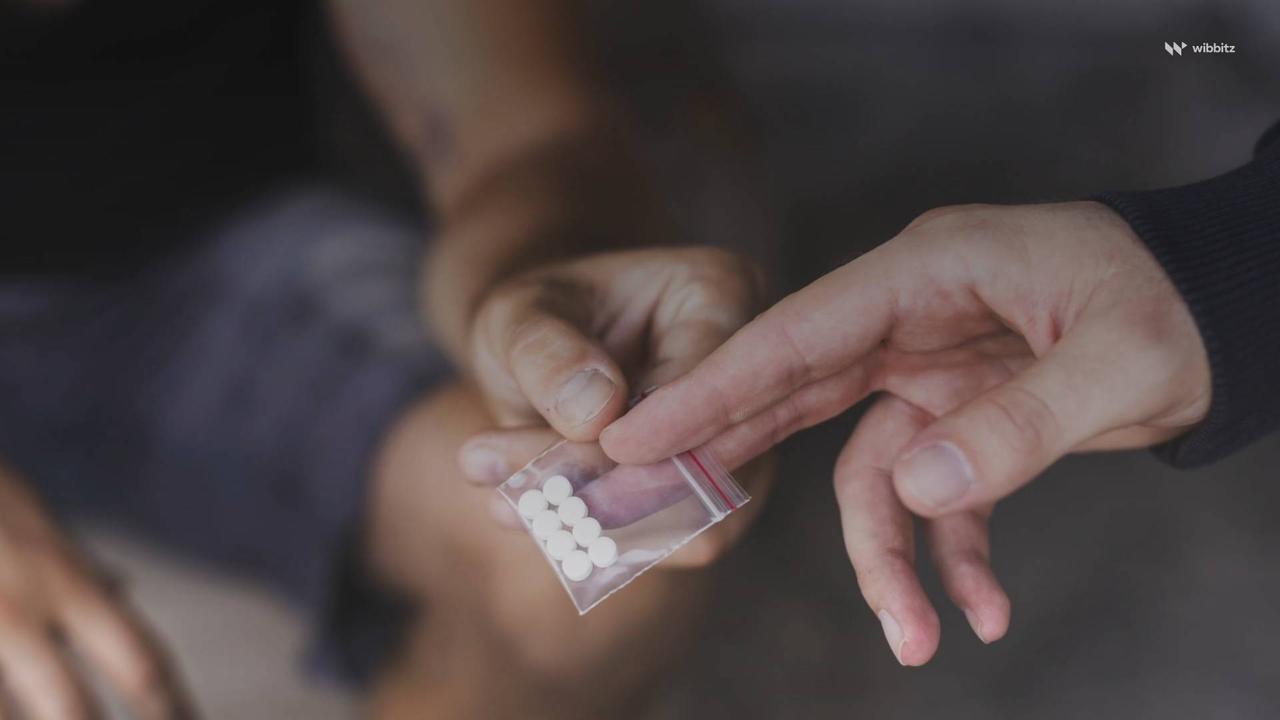
Oregon Lawmakers , Propose Recriminalizing , Drug Possession.
Three years after becoming the first state to decriminalize low-level drug possession, Oregon is poised to reverse parts of its decision, 'Vice' reports.
.
On January 23, Democratic lawmakers announced a proposal to recriminalize the possession of small amounts of drugs.
.
The proposed changes have been criticized by both harm reduction and criminal justice reform activists.
The proposal would make possession a class C misdemeanor, punishable by a $1,250 fine or up to 30 days of jail time.
People would still have the ability to negate those charges by participating in a deflecting program, which involves behavioral health screenings and contact with case managers.
.
Currently, the state's decriminalization policy considers the same offenses as class E violations, punishable by a $100 fine that can be waived by undergoing a health screening.
Currently, the state's decriminalization policy considers the same offenses as class E violations, punishable by a $100 fine that can be waived by undergoing a health screening.
With this proposal, we are braiding together the public health and public safety systems to create as many effective pathways to treatment and recovery as possible through proven, evidence-based solutions, Rep.
Jason Kropf, via 'Vice'.
Advocates for justice reform held a press conference slamming the proposed changes.
When they push forward with criminalizing people with substance use disorders by giving them jail time and fines, the government, our lawmakers, are choosing to inflict harm and violence on vulnerable Oregonians, especially Black, brown, and low income, and rural Oregonians.
, Gloria Ochoa-Sandoval, policy and political director at Unite Oregon, via 'Vice'.
When they push forward with criminalizing people with substance use disorders by giving them jail time and fines, the government, our lawmakers, are choosing to inflict harm and violence on vulnerable Oregonians, especially Black, brown, and low income, and rural Oregonians.
, Gloria Ochoa-Sandoval, policy and political director at Unite Oregon, via 'Vice'.
Tera Hurst, executive director at Oregon Health Justice Recovery Alliance, warns that recriminalization will put an additional strain on public defenders and already overcrowded treatment facilities.
Tera Hurst, executive director at Oregon Health Justice Recovery Alliance, warns that recriminalization will put an additional strain on public defenders and already overcrowded treatment facilities
